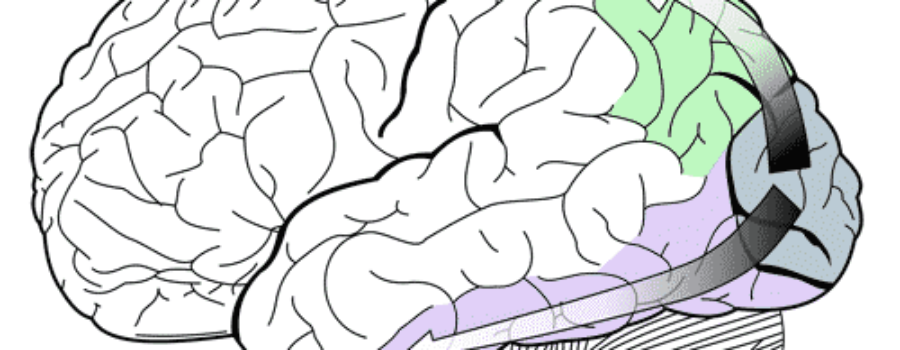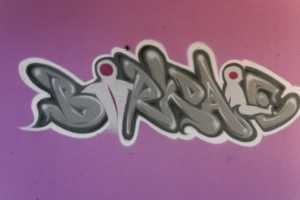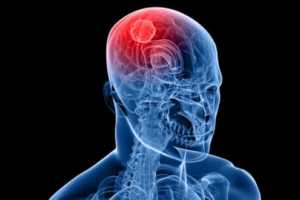“Cortical blindness is a chronic loss of vision following damage to the primary visual cortex (V1) or its postchiasmal afferents. Cortically blind subjects demonstrate spontaneous oculomotor adaptations to their deficits that can be further improved by saccadic localization training. However, saccadic training does not improve visual sensitivity in the blind field. In contrast, recent studies by a number of independent groups suggest that localized, repetitive perceptual training can improve visual sensitivity in the blind field.”
This is an exciting paper for me as a neuro physiotherapist. I have been working with a child who developed cortical blindness due to epilepsy. I have focused on encouraging him to look down through working on a peanut ball which improved his vertical eye movements.
I have also been working to stimulate his VOR on the 60 cm air cushion. Following the horizontal eye movements he is now able to roll following the noise from a rattle.
The most exciting moment in the treatment was when Hector Minto (tobii) calibrated my patient’s eye movements and subsequently there were a couple of short saccades on the screen. I find this device the most exciting tool to help improve my patient’s ocular motor skills as well as possibility of improving cause and effect which will encourage him to look to the direction of movements. I believe that eyes initiate the body to move and therefore improve my patient’s saccades which means he will learn to look to the direction of movements as well as improving his hand and eye co-coordination and ability to communicate.
Read this very interesting article here
- University of Rochester Flaum Eye Institute, Rochester, New York
- Krystel R. Huxlin (huxlin@cvs.rochester.edu)
- University of Rochester Flaum Eye Institute, Rochester, New York




